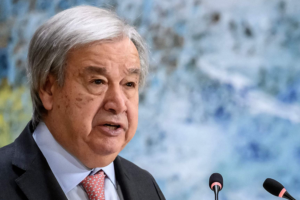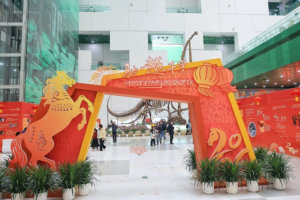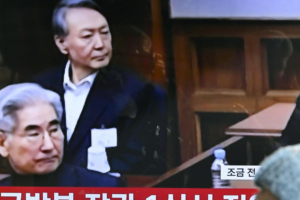
U.S. Urges Immediate Departure for Americans in Middle East Amid Rising Tensions
U.S. issues urgent travel advisory for 16 Middle Eastern countries, urging Americans to depart immediately amid heightened security concerns.

Escalating Tensions: Lebanese Civilians Flee Amid Israeli Airstrikes
Hundreds of Lebanese civilians evacuate border areas as Israeli airstrikes escalate regional tensions, raising humanitarian concerns.

US-Iran Tensions Surge as Trump Authorizes Expanded Military Strikes
President Trump’s expanded military strikes against Iran in 2026 escalate tensions, raising concerns over regional stability and congressional oversight.
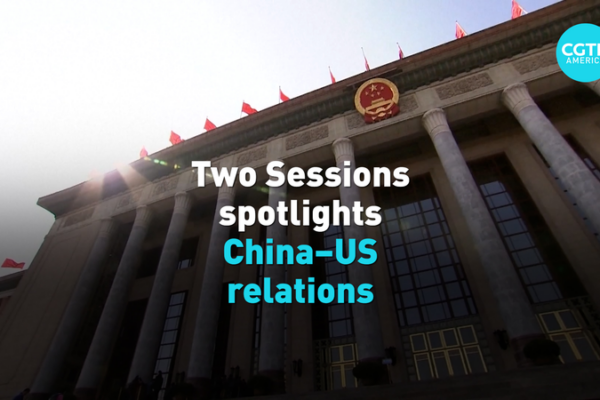
Two Sessions 2026: Navigating China-US Relations in a Shifting Global Landscape
As China’s Two Sessions convene in 2026, global attention turns to the evolving dynamics of China-US relations amid trade uncertainties and geopolitical shifts.

Brazil’s Iranian Diaspora Voices Concern Over Middle East Tensions
Iranian diaspora in São Paulo expresses concern over escalating U.S.-Israel-Iran tensions, advocating for diplomatic solutions and peace in 2026.

Iran Condemns Alleged Plot Against Supreme Leader Amid Rising Tensions
Iran accuses foreign actors of targeting Supreme Leader Khamenei as the US denies involvement, escalating regional tensions in March 2026.
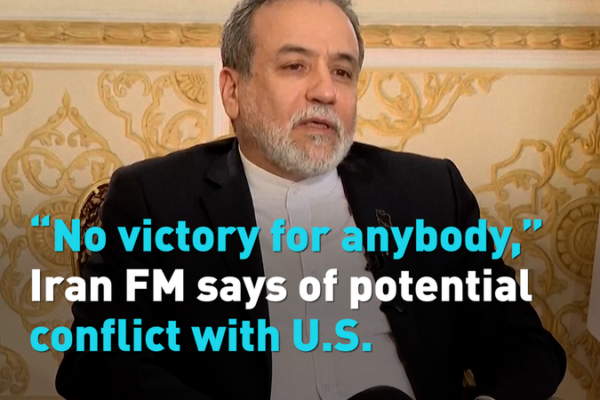
Iran FM Warns of ‘No Victory’ in U.S. Tensions Ahead of Geneva Talks
Iran’s Foreign Minister warns of devastating consequences from U.S. conflict, as both sides prepare for Geneva talks aimed at easing regional tensions.

Deadly Cuba-US Boat Incident Sparks Diplomatic Tensions
A deadly clash between Cuban border agents and a speedboat near Havana has escalated tensions between Cuba and the U.S., with both sides demanding accountability.

Canada Boosts Food Aid to Cuba Amid US Fuel Blockade
Canada pledges $8M food aid to Cuba as US fuel blockade intensifies, highlighting global tensions over Caribbean stability.
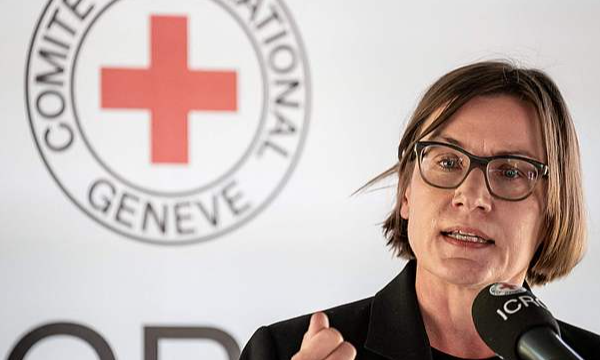
Middle East Escalation Puts Civilians in ‘Grave Danger,’ Red Cross Warns
ICRC warns of devastating civilian consequences as Middle East military escalation triggers dangerous chain reactions in 2026 conflicts.

UAE Airports Restart Limited Flights Amid Gulf Security Concerns
UAE resumes limited airport operations after Iran-linked security closure, easing travel disruptions while maintaining heightened safety measures amid Gulf tensions.
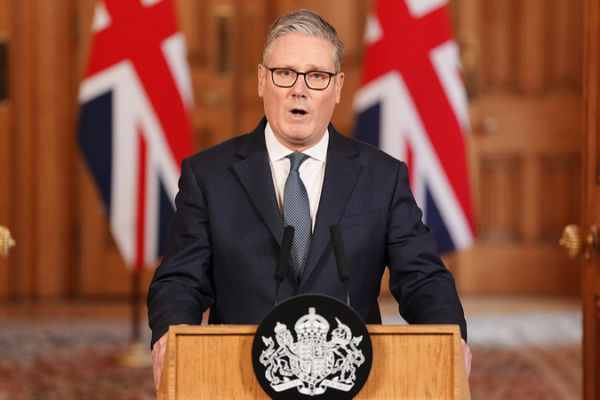
UK Prioritizes Diplomacy Over Military Action in Iran Crisis
UK Prime Minister Keir Starmer defends diplomatic approach to Iran tensions, emphasizing defensive measures and international law amid US criticism.
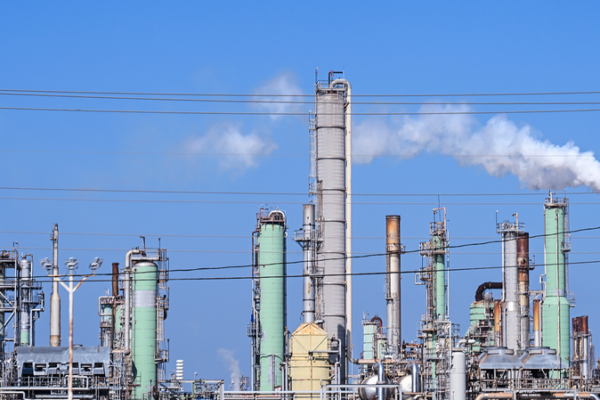
Energy Prices Surge, Global Markets Slide Amid Iran Conflict Fallout
Global energy prices spike and stock markets tumble as Iran conflict escalates, disrupting key trade routes and investor confidence in 2026.
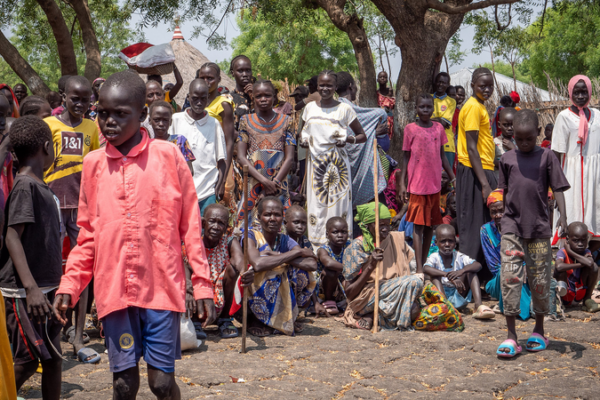
Deadly Clash in South Sudan’s Ruweng Leaves 169 Dead, Peace Deal Strained
At least 169 killed in Ruweng Administrative Area attack, raising concerns over South Sudan’s fragile peace process. Children, officials among victims.

New Book Chronicles Xi’s Leadership in China’s Historic Poverty Victory
New publication details CPC’s poverty eradication strategy under Xi Jinping, featuring grassroots stories and policy insights from China’s historic campaign.

Ethiopian Airlines Halts Flights to 10 Middle East Destinations Amid Security Concerns
Ethiopian Airlines suspends flights to 10 Middle East cities, including Dubai and Doha, citing airspace closures and security concerns. Passengers advised to check flight status.

South African Rand Slumps Amid Middle East Tensions, Investors Seek Safety
The South African rand weakened to 16.16 against the dollar as Middle East tensions drive investors toward safer assets, impacting emerging markets.

Middle East Tensions Surge as US-Israel Strikes Trigger Regional Escalation
Tensions escalate in the Middle East following US-Israel attacks on Iran, with Hezbollah joining the conflict and cross-border strikes intensifying regional instability.

China-Zimbabwe Ties Deepen with Focus on Green Energy, Trade
Zimbabwe’s ambassador outlines expanded cooperation with China in green energy and mineral processing, building on historic political ties and shared development goals.

CGTN Launches ‘Very Chinese Time’ Quiz Aligning Careers with National Goals
CGTN’s new interactive quiz ‘Very Chinese Time’ helps users explore career paths aligned with China’s 2026 five-year plan, offering personalized insights and future job trends.
